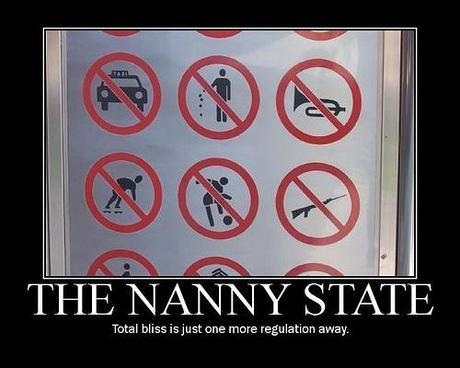
Seattle Times: The Seattle City Council passed a new ordinance Monday that could mean $1 fines for people who toss too many table scraps into the trash.
Under current Seattle Public Utilities (SPU) rules, people living in single-family homes are encouraged but not required to dispose of food waste and compostable paper products in compost bins. Apartment buildings must have compost bins available, but residents of apartment buildings aren’t required to use them. And businesses aren’t subject to any composting requirements.
Under the new rules, collectors can take a cursory look each time they dump trash into a garbage truck. If they see compostable items make up 10 percent or more of the trash, they’ll enter the violation into a computer system their trucks already carry, and will leave a ticket on the garbage bin that says to expect a $1 fine on the next garbage bill.
Apartment buildings and businesses will be subject to the same 10 percent threshold but will get two warnings before they are fined. A third violation will result in a $50 fine. Dumpsters there will be checked by inspectors on a random basis.
Collectors will begin tagging garbage bins and dumpsters with educational tickets starting Jan. 1 when they find violations. But fines won’t start until July 1. SPU doesn’t expect to collect many fines, says Tim Croll, the agency’s solid-waste director.
The city outlawed recyclable items from the trash nine years ago, but SPU has collected less than $2,000 in fines since then, Croll says. “The point isn’t to raise revenue,” he said. “We care more about reminding people to separate their materials.”
SPU asked the council to consider the new ordinance because the agency is falling short of its recycling and composting goals. Seattle’s recycling rate for 2013 was 56 percent, a slight improvement over 2012 but not on pace to meet SPU’s goal of 60 percent for 2015.

Bagshaw
“Our growth rate for recycling has stalled,” said Councilmember Sally Bagshaw, who sponsored the legislation. “It’s surprising, but we still send 300,000 tons of garbage every year to a landfill in eastern Oregon. I think we can do a lot better than that,” Bagshaw said.
SPU estimates the new law will generate 38,000 tons in additional compost annually.
Collectors already check garbage bins at single-family homes for recyclable items. When they find too many glass or plastic items, they leave the bins with a tag asking the resident to remove the items.
The council vote to pass the new composting measure was a unanimous 9-to-0. No public hearing was required.
Just how do they plan to enforce this? Are they going to tear open all of the trash bags to see if there is too much food in them? How will the collectors accurately calculate the 10%? What will stop people from putting the compostables at the bottom of the bin and covering them up with non-compostables?
If someone challenges the fine, how does the city prove its case? Will garbage collectors be taking photos and writing up reports about violators? If so, at what cost?
Sounds like garbage collectors are about to get a lot busier.
DCG

